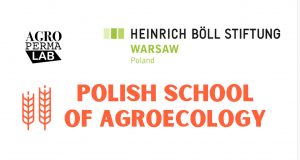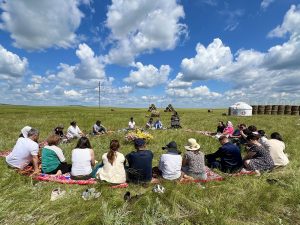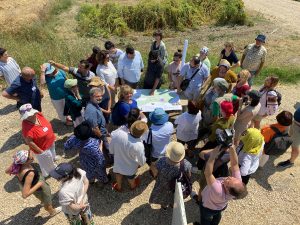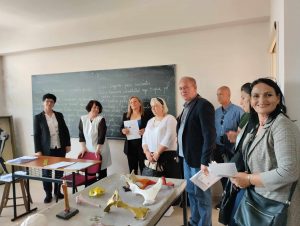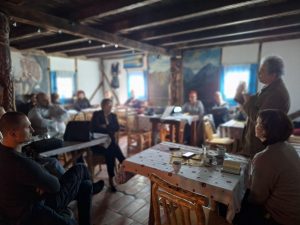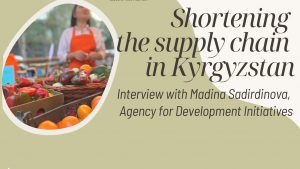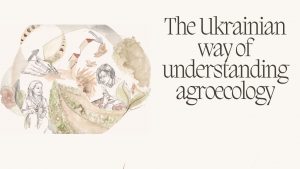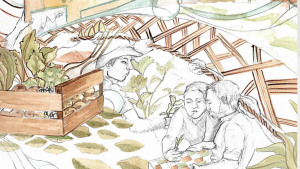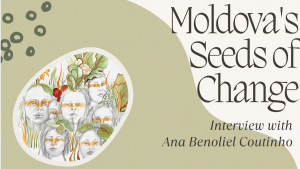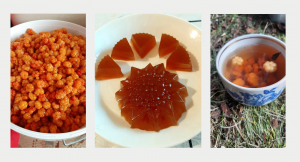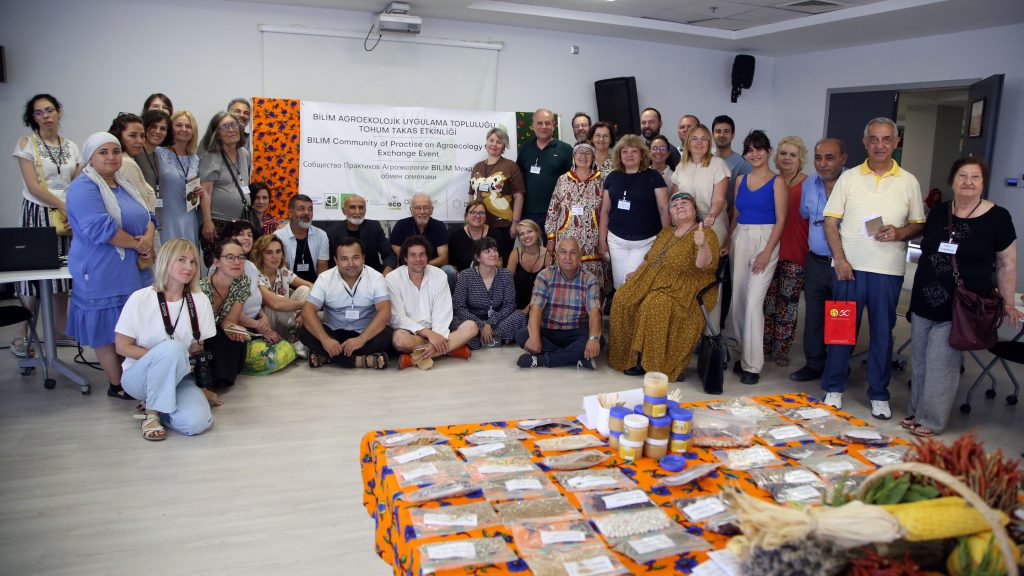
BILIM Agroecology Community/Alliance for Europe and Central Asia
Bilim is an informal alliance of organizations active in Agroecology from Eastern Europe, Central and Western Asia region created in 2022, where Schola Campesina has the role of facilitator. Bilim means Knowledge in Turkish and some other Central Asian languages. The community brings together grassroots movements, organizations, NGO’s and other groups organizing peasants and small-scale food producers, indigenous peoples, academics, women and youth.
The members of Bilim community are practicing and / or promoting Agroecology on the ground and /or at policy level, with a focus on protecting biodiversity and cultural heritage, placing smallholders’ knowledge at the center of food systems. The work of Bilim is guided by our cultural diversity and the Nyéléni Declaration on Agroecology, UNDROP and UNDRIP .
BILIM community is a space for:
- sharing of experiences and knowledge
- alliance and coordination to mainstream Agroecology and Peasants Rights at a policy level
- building concrete solidarity.
Bilim community in 2023 includes more than 25 organisations from 19 counties. The community is open to organizations recommended by Bilim members based on trust and common values defined in Nyéléni Declaration on Agroecology.
The Bilim meet members regularly online and at least once a year in-person.
In 2022 and 2023, the community, supported by FAO REU and Agroecology Fund, held in-person agroecology training in Italy, and twice convened in Turkey for the Bilim Forum. In Bilim we reguraly organize webinars, online dialogues and meetings, as well as in-person exchanges and seminars.
In this video, developed as part of the Agroecology Fund’s “Grassroots Evidence for Agroecology” project, we introduce Bilim.
A case study of Bilim Community. 2024
Written by The UVM Institute for Agroecology (IFA), Schola Campesina, and Bilim organizations: COSPE (Albania), EKODER– Ecological Life Organization, Biological Farming Association Elkana, Hungarian Agroecology Network, Zher-Ana Astana
You can read more and download the reports on the various activities on the page Agroecology Schools and Sharing Knowledge
Download the Visual Report of Bilim Agroecology Network on the Knowledge sharing activity supported by Agroecology Fund in 2023.
What we do
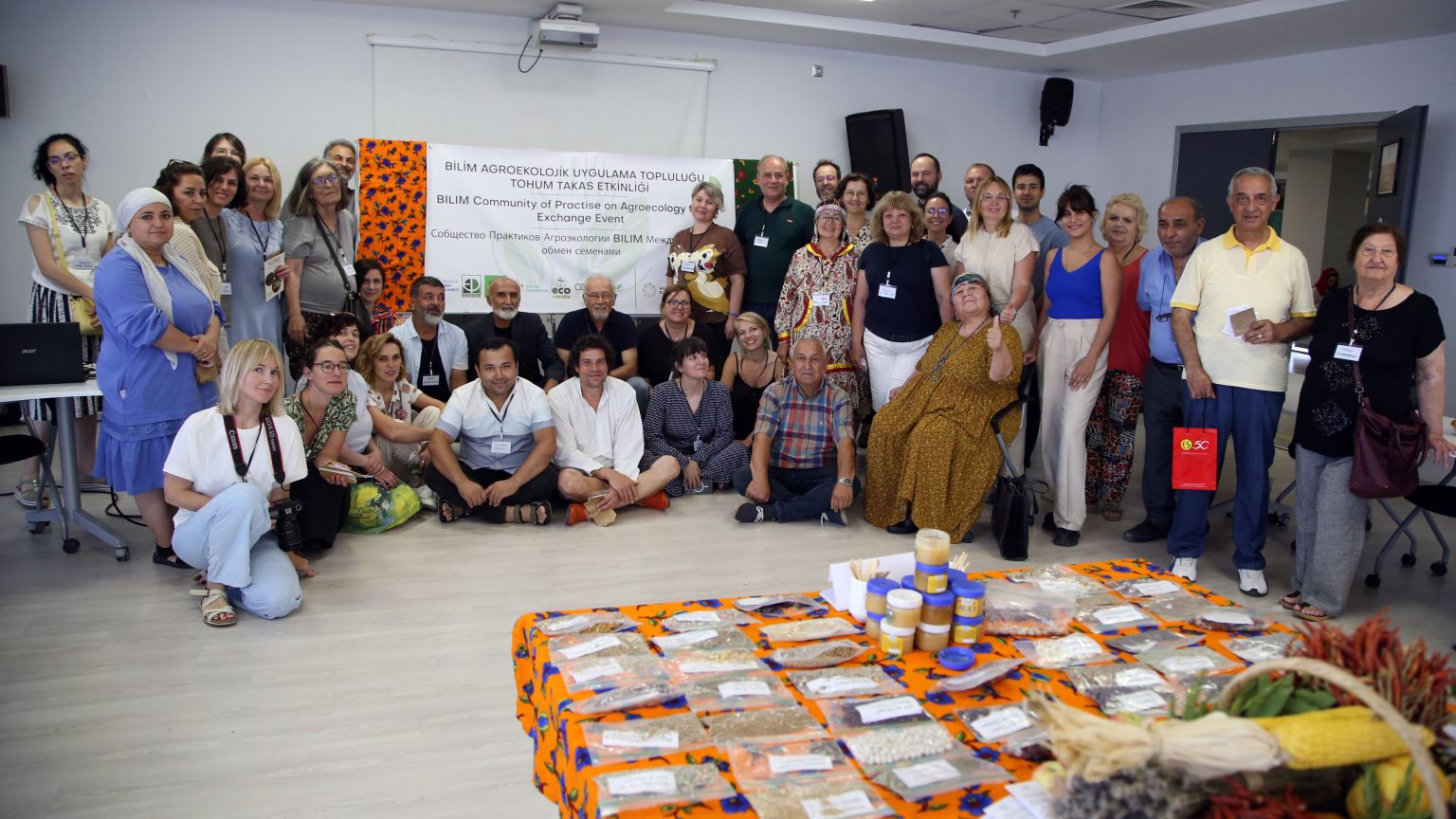
Agroecology Network Forum Bilim
The first Agroecology Forum for Eastern Europe and Central Asia involving 22 organizations of 19 countires of the region was held in Turkey in 2022, with a subsequent edition in 2023.
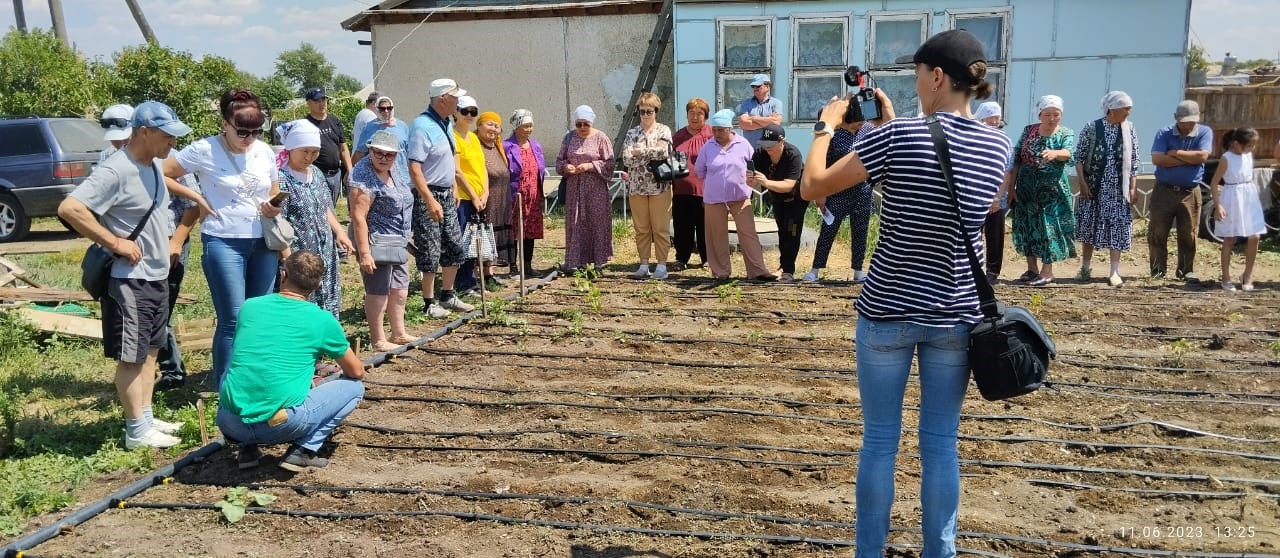
Agroecology Schools
Farmers' knowledge, especially that of women, remains undervalued in Central Asia and Eastern Europe region. Recognizing and leveraging this knowledge is crucial for the development of agroecology. The Agroecology school model is a vital tool for that.
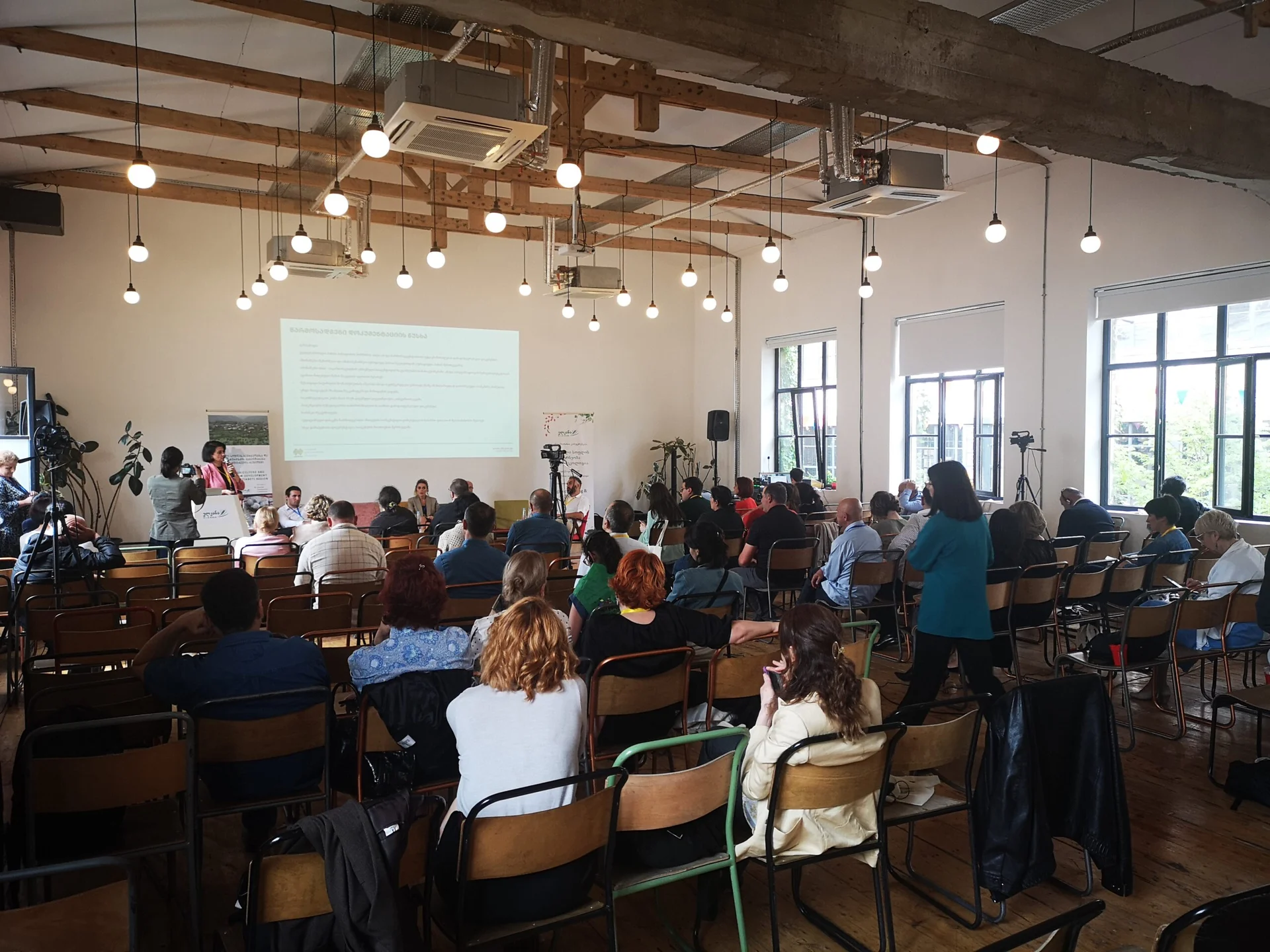
Supporting national events and exhanges
Our goal is to fortify the agroecology movement in the region by supporting local events on biodiversity, farmers' seeds, and other agroecology-related activities, while also fostering exchanges among participants.
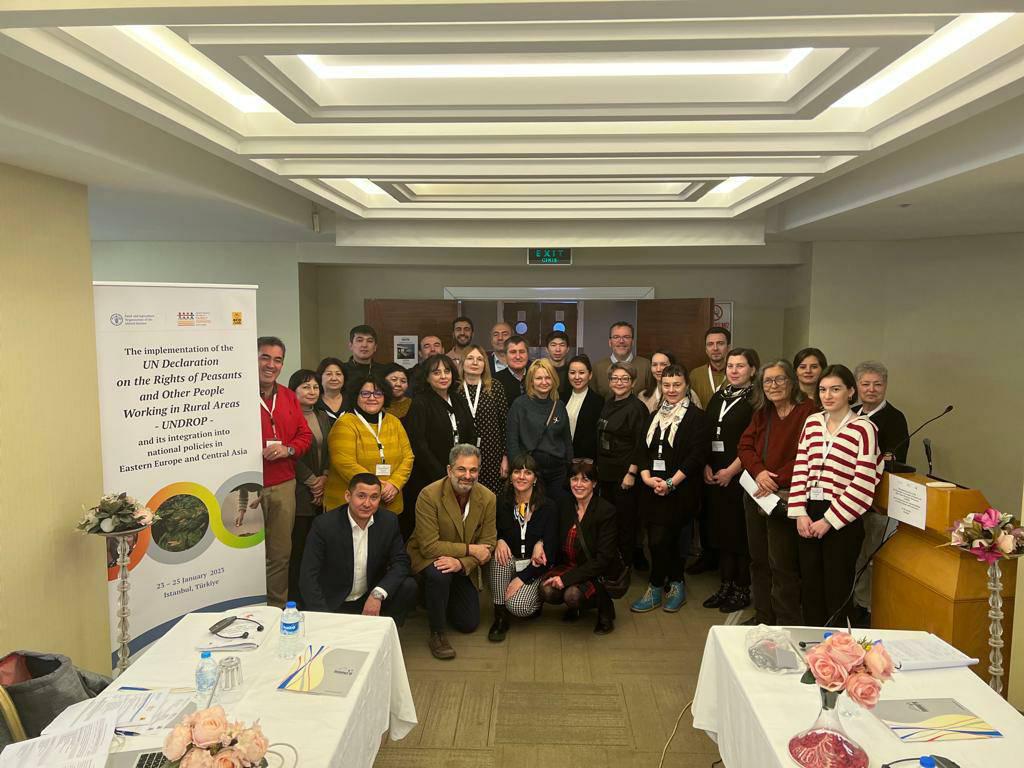
UNDROP and policy advocacy
Coordinating advocacy for the implementation of the Declaration of Rights of Peasants and other perole living in rural areas (UNDROP), advancing policy recognition of farmers' seeds, and advocating for a farmer-driven educational system.
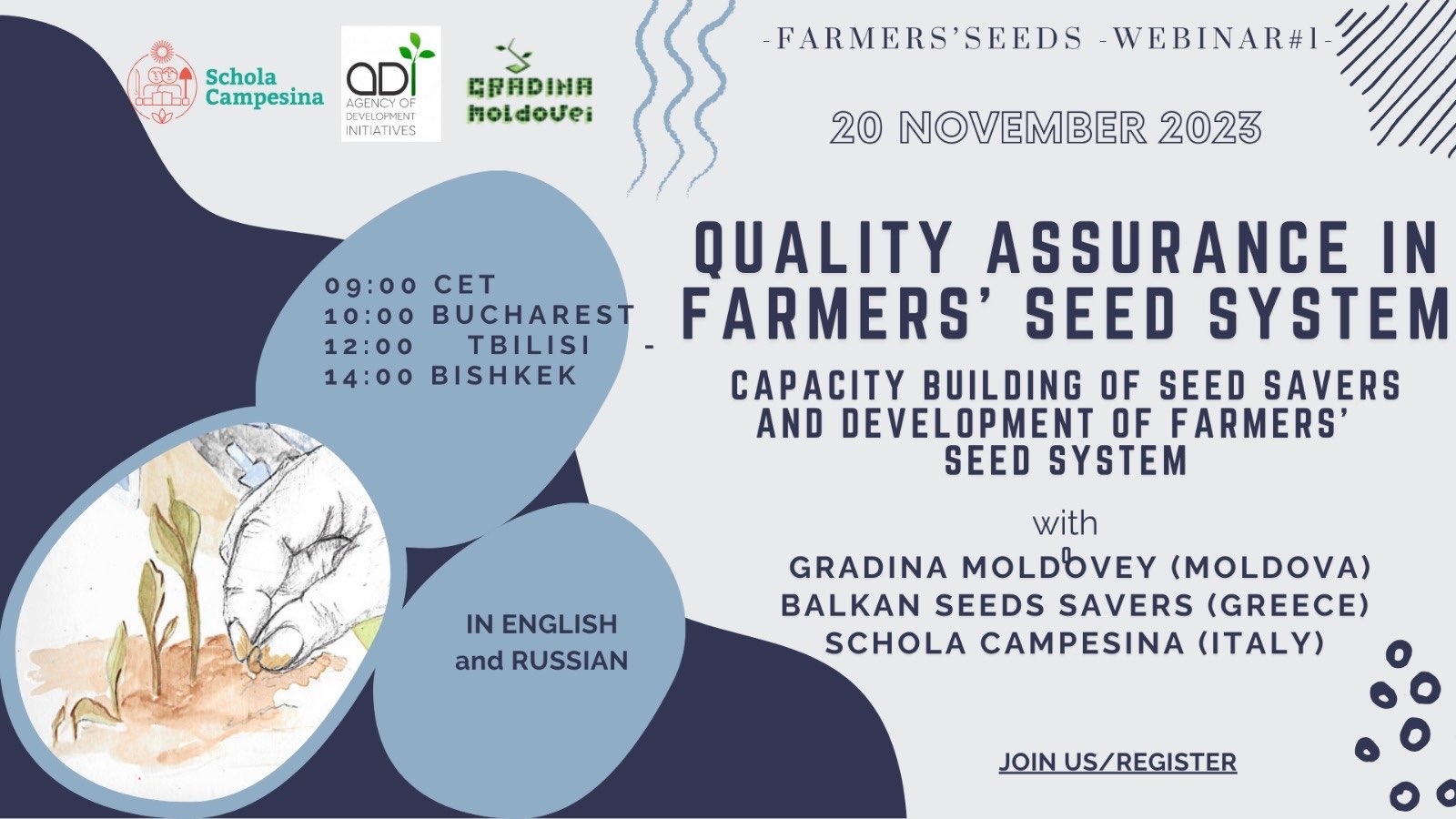
Webinars
Our webinars and online dialogues encompass a knowledge-sharing series, presenting tools and experiences for organizing and facilitating agroecology schools, outlining steps towards developing a farmer-centric seed system, and showcasing experiences of agroecological organizations from around the world.
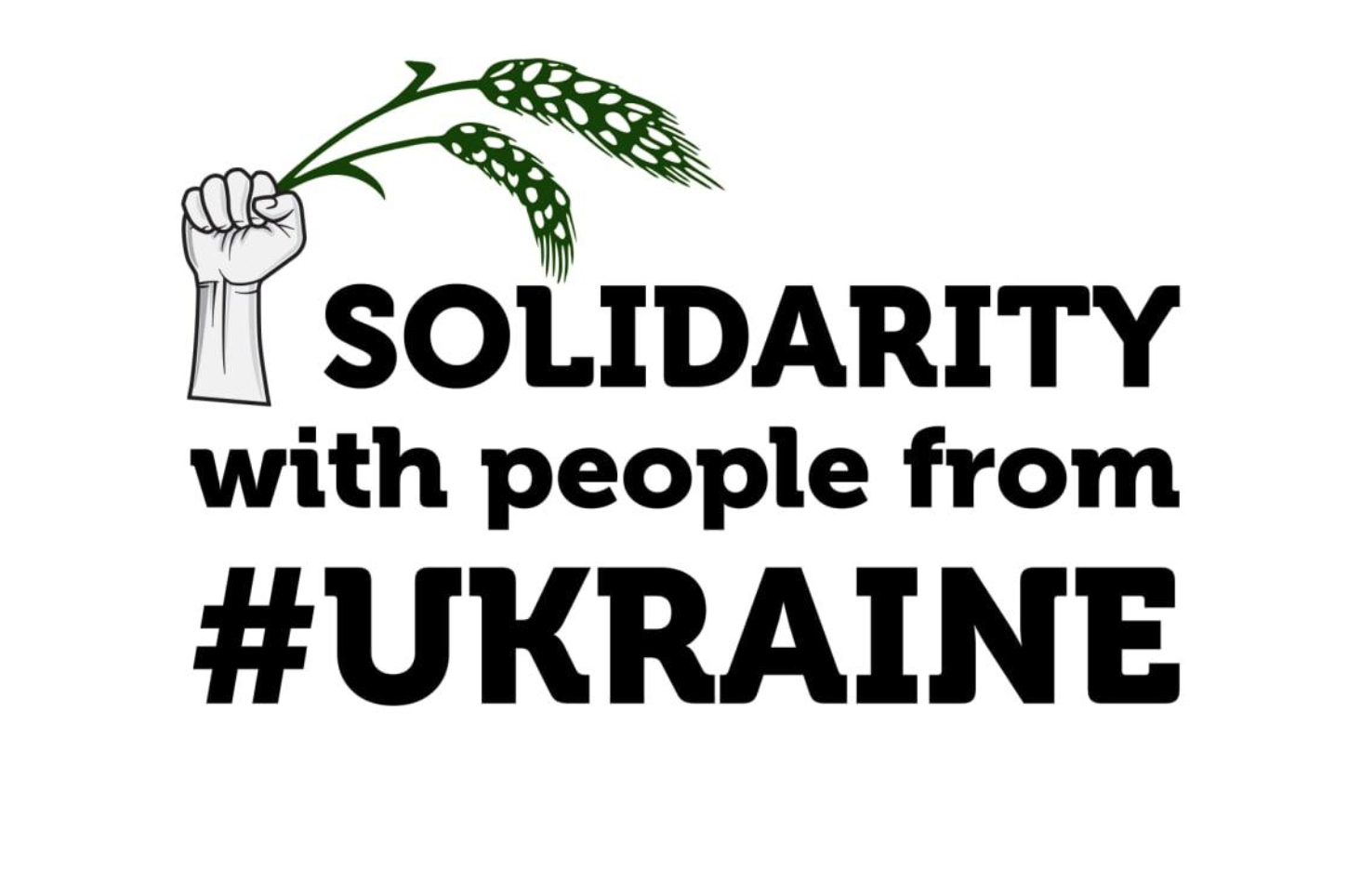
Actions of solidarity in crisis situations.
Implementing solidarity actions to support organizations facing crisis situations.
Stories from Bilim
Polish School of Agroecology: Empowering Change in the Food System
We want to share with you a report from AgroPermaLab that collects our experiences, reflections, and methodologies gathered over two years during the Polish School of Agroecology. This unique initiative, held in 2023 and 2024, brought together participants from diverse...
Read MoreWorkshop on smallholders, family farmers, and UNDROP implementation in Kazakhstan is successfully completed
The Workshop on Smallholders and Family Farmers and the Implementation of UNDROP was successfully conducted from July 18th to 20th, 2024, in Stepnogorsk, Akmolinsk region of Kazakhstan. Organized by Zher-Ana Astana and supported by the FAO Regional Office for Europe...
Read MoreReflecting on the BILIM Forum: 2022 and 2023
In 2022 and 2023, BILIM Agroecology community members gathered in person for the BILIM Forum in Turkey, fostering a spirit of collaboration and sharing. These events were a platform for members to exchange experiences, strengthen their partnerships, and discuss various...
Read MoreExchange Visit of STINA Women’s Association from Kosovo to Albania: exploring local seed bank,didactic field and educational laboratories.
From May 22 to May 23, 2024, Schola Campesina, in collaboration with COSPE Association and the Professional School “Ndre Mjeda” in Bushat, Vau Dejes Municipality, organized a visit from the STINA Women’s Association from Kosovo. The delegation, accompanied by Tahir...
Read MoreThe workshop “Acceleration of agro-ecological transition of agricultural systems” and visit to Bosnia and Herzegovina and Serbia, March 20, 2024
The visit to Bosnia and Herzegovina and Serbia, organized by Bilim Alliance members Alica Foundation (Bosnia and Herzegovina) and Schola Campesina, was centered around the workshop “Acceleration of agro-ecological transition of agricultural systems” held in Doboj on March 20, 2024....
Read MoreShortening the Supply chain in Kyrgyzstan
“This is our idea in practice – giving full information to urban consumers and at the same time supporting small-scale farmers” – says Madina Sadirdinova from Agency for Development Initiatives from Kyrgyzstan in an interview with Barbara Kurek from Agro-Perma-Lab...
Read MoreThe Ukranian way to understand agroecology
“A good thing is that Ukrainian farmers became more visible, they are recognized and became heroes together with our soldiers. (…) No matter what, pandemia, war, nuclear attack or the end of the world – farmers need to work in...
Read MoreRestoring Peasants’ Dignity (Georgia)
Interview with Elene Shatberashvili (Elkana) by Paulina Jeziorek (Agro-Perma-Lab) “Our strength is in diversity, taste, flavour, quality, tradition and hospitality. That is why agroecology is so important for Georgia. If we develop an agroecological way, we maintain what is our...
Read MoreMoldova’s Seeds of Change
Interview with Ana Benoliel Coutinho (Gradina Moldovei) by Barbara Kurek (Agro-Perma-Lab) “It is not training in the classical sense. Our idea is that everybody has the knowledge and lots of agriculture and permaculture knowledge is very intuitive. So, our purpose...
Read MoreBILIM stories
See here in PDF a compilation of Stories from Bilim agroecology alliance in Europe and Central Asia. Agroecology and interconnectedness of things (Tadjikistan). An interview with Rano Jumaeva, Tomiris, by AgroPermaLab Restoring peasant dignity (Georgia). An interview with Elene Shatberashvili,...
Read More
